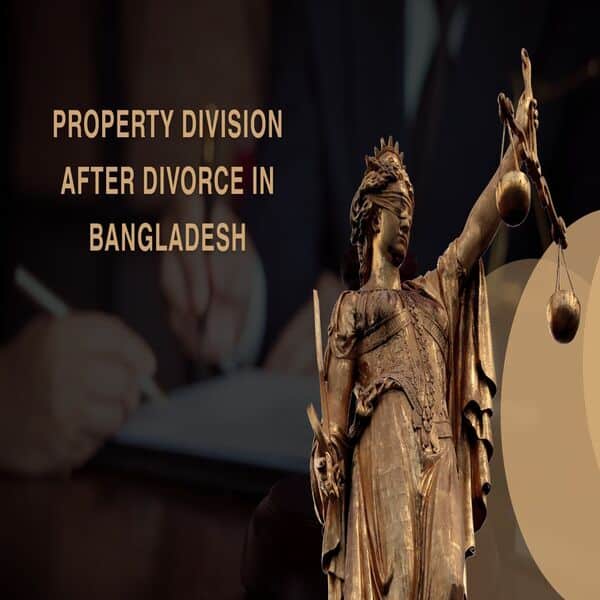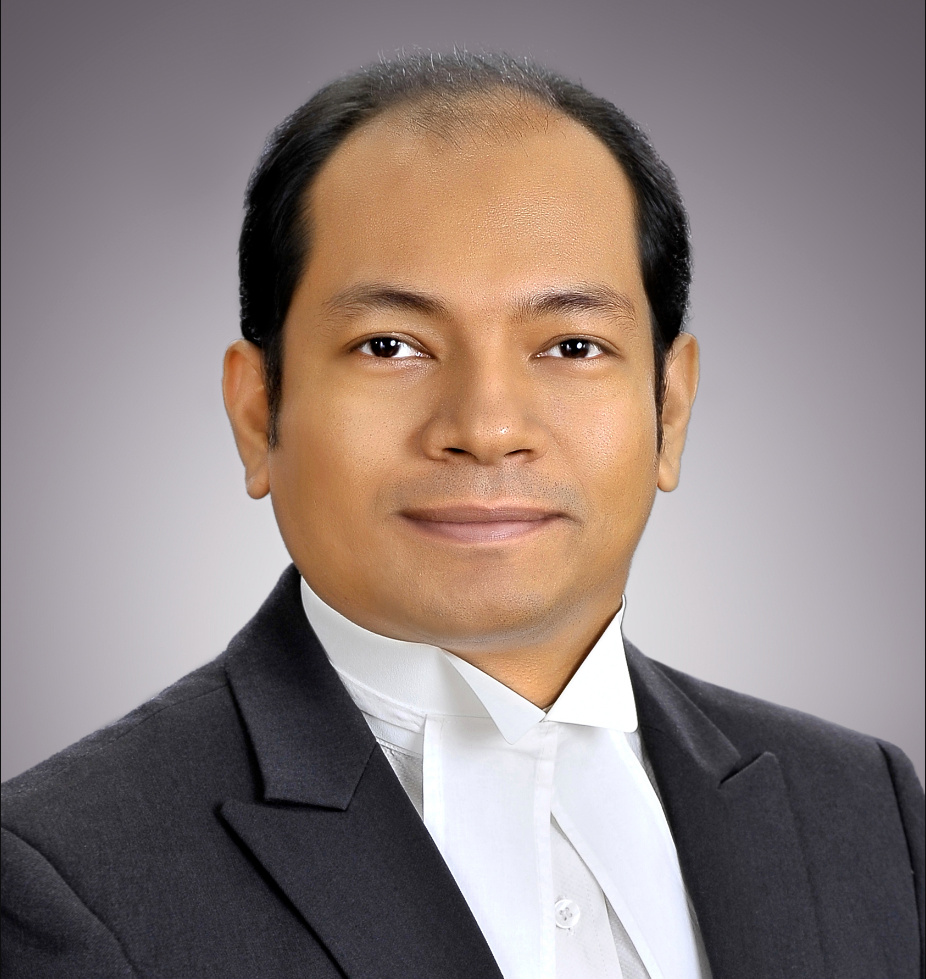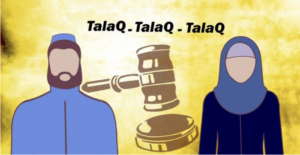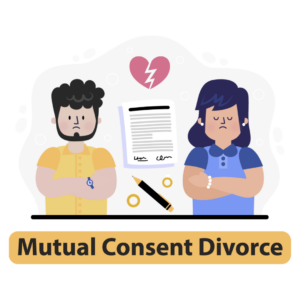Property Division After Divorce in Bangladesh
In Bangladesh, the division of property after divorce mainly depends on personal laws and civil principles rather than one single rule. Unlike in many Western countries, there is no legal idea of joint marital property in Bangladeshi law. This means that after divorce, each spouse remains the owner of whatever property is legally in their own name, unless a specific agreement or financial contribution between the two can be proven.
1. Separate Ownership of Property
Marriage itself does not create shared ownership of property. Whatever assets or property a husband or wife owns, whether acquired before or during the marriage, remain under their individual ownership. When a marriage ends, each person simply keeps what belongs to them. However, if one spouse can show that they financially contributed to buying or improving property held in the other’s name, they may claim a proportionate share through the court.
2. Muslim Law
Under Muslim family law, property division is not automatic. Under Muslim family law, property is not automatically divided after divorce. A wife is legally entitled to her dower (mahr), maintenance during the iddat period, and any unpaid dues or financial promises made by her husband. The husband, on the other hand, has no right over his wife’s personal or inherited property. Still, if a wife can provide evidence that she invested money or effort toward her husband’s property, she may claim her rightful share based on her contribution.
3. Hindu and Christian Laws
For Hindus, divorce is not formally recognized under personal law in Bangladesh, except in cases where marriage was registered under the Special Marriage Act. Therefore, property division usually does not apply in regular Hindu marriages. Under Christian law (Divorce Act, 1869), the court may order maintenance or alimony for the wife, but it does not grant any automatic right to a share in the husband’s property.
4. Contractual Settlements
In some cases, couples make agreements before or after marriage about how property will be managed or divided in case of separation. These are known as pre-nuptial and post-nuptial agreements. If such agreements are properly signed and valid, they are legally enforceable under the Contract Act of 1872. Having such an agreement often helps prevent disputes later and ensures fairness for both sides.
5. Child’s Right
Divorce does not affect the legal rights of children. A child’s right to maintenance, education and inheritance remains fully protected under the law. The court can direct the financially stronger parent to take responsibility for the child’s basic needs, education costs, and overall welfare.
6. Legal Remedies for Spouses
After divorce, a wife may file for:
- Recovery of dower (mahr)
- Maintenance claim
- Civil suit for share in property, if she contributed financially






One Response